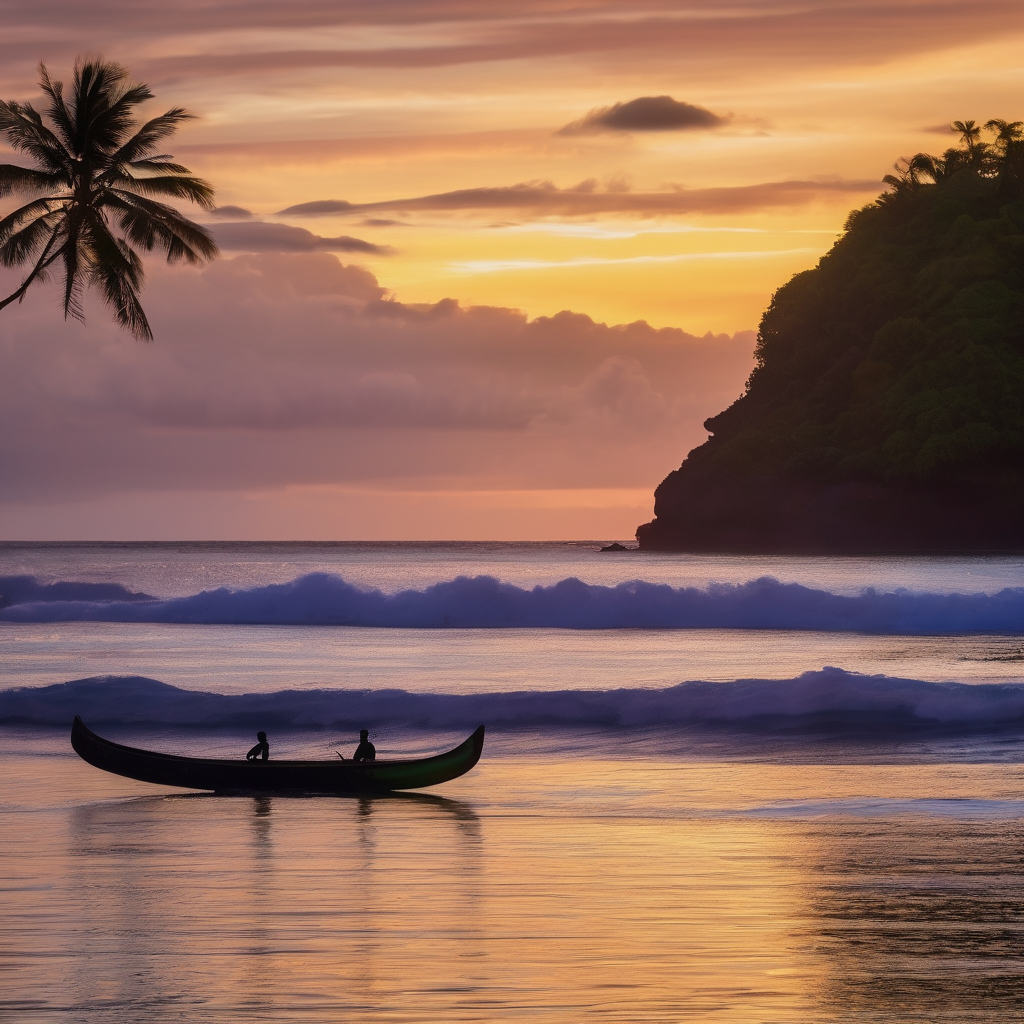Prime Minister Sitiveni Rabuka has shared the personal experiences that shaped his vision of the “Ocean of Peace,” a concept that has now become an official declaration by the Pacific Islands Forum. Speaking at the Sasakawa Peace Foundation seminar in Tokyo, Rabuka described how the idea is rooted in Fiji’s history and his own experiences as a peacekeeper, emphasizing the necessity of unity in the face of regional challenges such as climate change and geopolitical tensions.
During his speech, Rabuka expressed, “Our region can only face its challenges if we have unity of purpose. The Ocean of Peace is about restoring calm, cooperation, and stability in the Pacific.” His firsthand encounters in the Middle East allowed him to witness the devastating effects of conflict, reinforcing his commitment to promoting peace and reconciliation in Fiji and across the Pacific Islands.
Acknowledging skepticism from some critics at home who questioned his focus on peace on the international stage without addressing local grievances, Rabuka highlighted the establishment of Fiji’s new Peace and Reconciliation Commission. This initiative is designed to mend divisions and restore trust among Fijians, linking domestic healing to his broader vision for a peaceful Pacific.
The “Ocean of Peace” initiative also aligns with discussions held in previous conferences, where leaders articulated the need for a united approach to security and development amidst increasing climate-related threats and transnational crime. The declaration not only seeks to consolidate the aspirations from existing frameworks like the Boe Declaration and the 2050 Blue Pacific Strategy but also aims to establish guiding principles that include respect for international law, environmental protection, and peaceful conflict resolution.
As Rabuka prepares for the upcoming Pacific Islands Forum Leaders’ Meeting, where the declaration will be formally presented, he remains optimistic about the potential for collaboration and resilience among Pacific nations. His vision seeks to unify the region, emphasizing that peace is fundamental to navigating the complex challenges ahead. By fostering solidarity, Rabuka hopes to ensure that the Pacific can withstand external pressures while building a future characterized by stability and prosperity.
This proactive approach not only holds promise for Fiji but also positions the Pacific Islands as a cooperative entity on the world stage, advocating for their rights and security against an increasingly uncertain geopolitical landscape. Observers are hopeful that the “Ocean of Peace” can become a catalyst for meaningful regional cooperation and sustainable development as Pacific nations work collectively towards a harmonious future.
